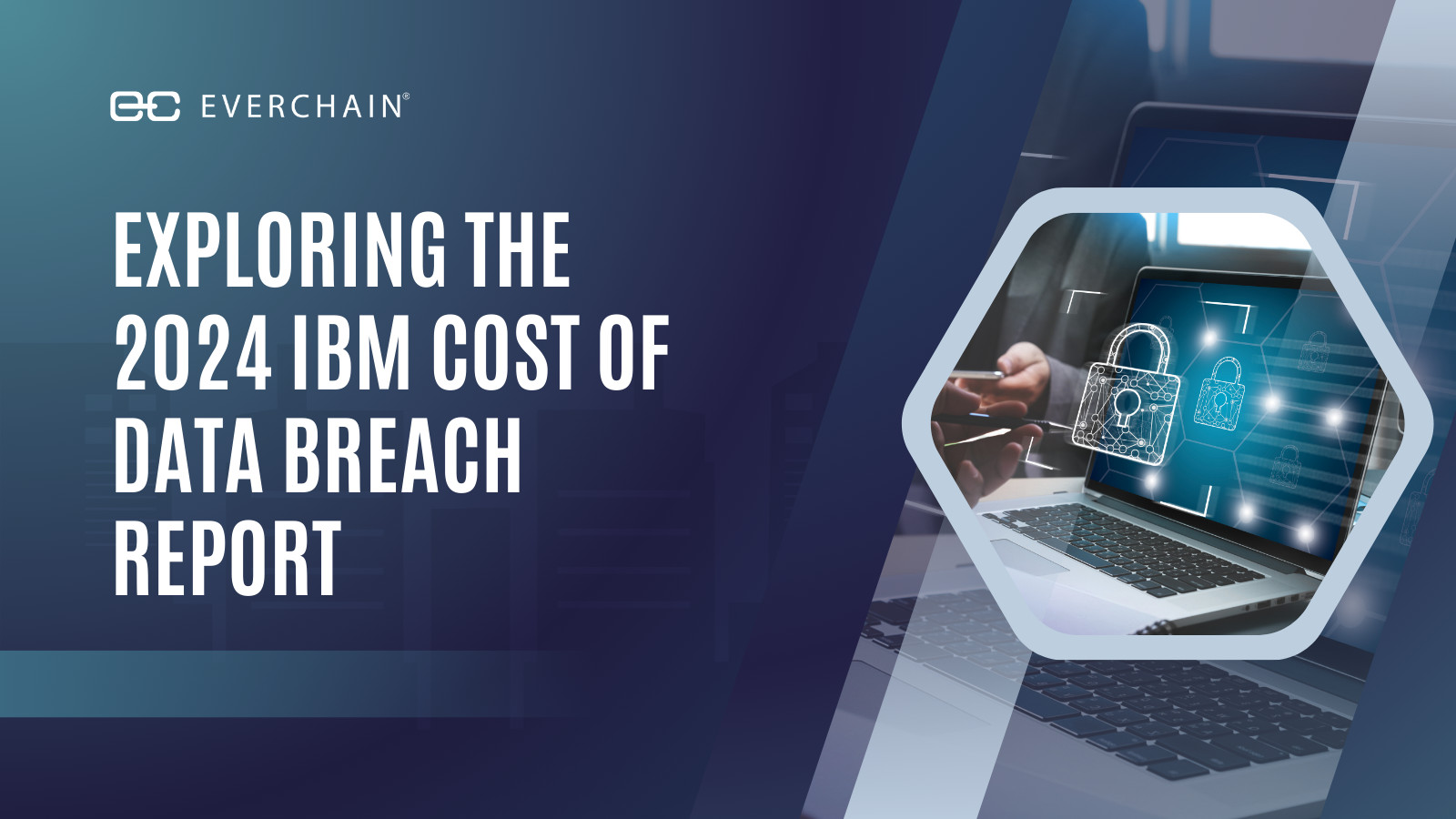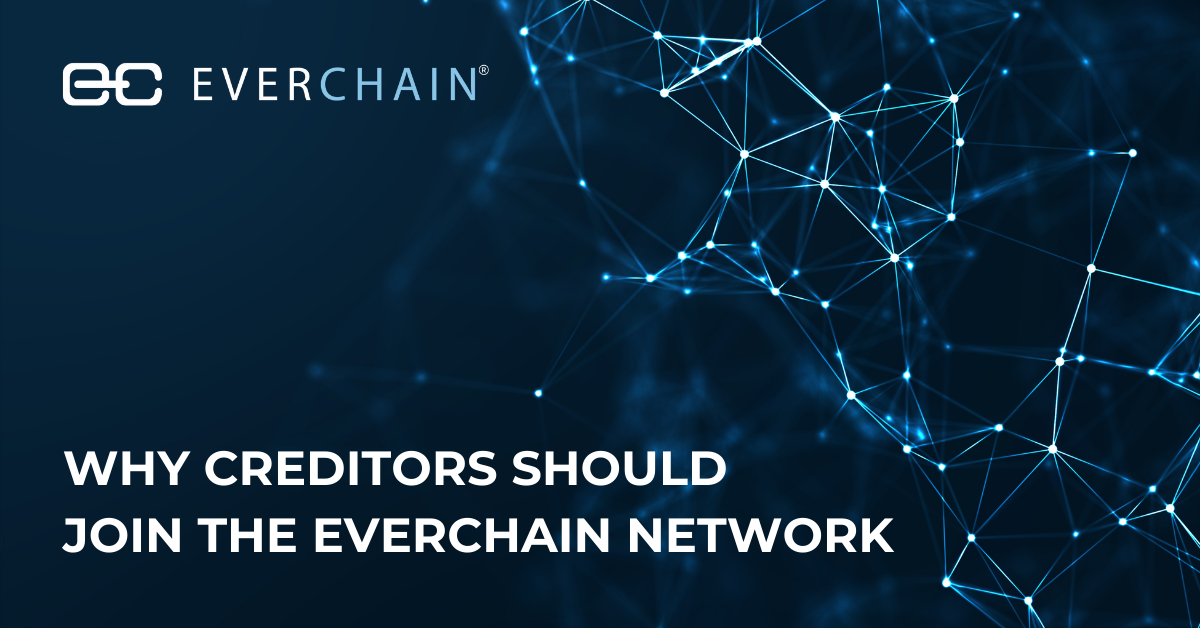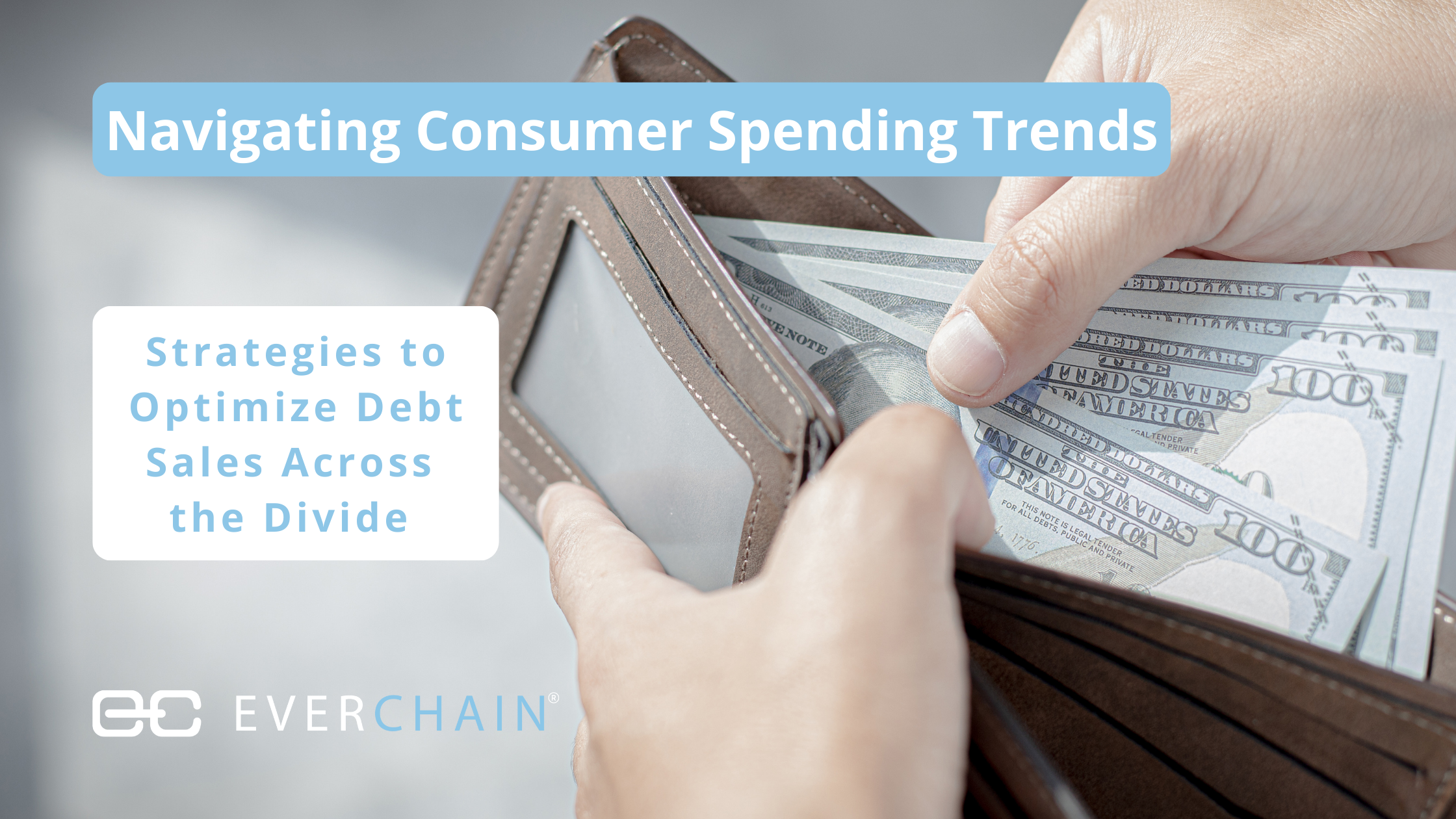Tips for Compliantly Buying Debt
This article was published in Cornerstone’s newsletter on April 19.
- Table of Contents
5 TIPS FOR MITIGATING RISK WHEN BUYING DEBT
1. Strategy
2. Segment
3. Security
4. Due Diligence
5. Post-Sale
5 OBSTACLES THAT PREVENT CREDITORS FROM SELLING DEBT
1. Perception of Risk:
2. Lack of Resources:
3. Lack of Due Diligence:
4. Lack of Transparency:
5. Lack of Benchmarking Data:
5 REASONS WHY CREDITORS SHOULD SELL DEBT: THE PROS
1. Why Sell Debt?
2. Why Use a Broker?
3. Why Oversight and Compliance?
4. Why Technology?
5. Why Now?
5 TIPS FOR MITIGATING RISK WHEN BUYING DEBT
The regulatory landscape in the debt industry is ever-changing, so it’s critical that all players, including debt buyers, understand and implement the proper policies and technologies, and partner with the right vendors to ensure they are always fully compliant. In today’s increasingly complex world, there is more potential risk in debt transactions than ever before. Risk to the consumer. Risk to your bottom line. Risk to your brand. Here are 5 tips for mitigating risk when purchasing consumer debt portfolios on the secondary market:
- Strategy:
Most creditors assume that a portion of their loan portfolios will default and therefore put people, processes and technology in place help them quickly and easily liquidate those uncollected receivables. They need to have post-sale visibility into the location of their sold accounts and track data including origination date, charge-off date, interest rate, and last successful payment. Do you have a system in place to monitor, manage and track post-sale activity on purchased accounts? If not, consider partnering with EverChain, who can provide you with a turnkey debt management solution including a certified marketplace and a robust post-sale management platform. - Segment:
To maximize your ROI, focus your efforts on doing what you do best. Many successful debt buyers choose to specialize in buying a particular subset of loan defaults. Whether it be an asset class like unsecured consumer loans, or a vertical like auto deficiencies, or a type of account like bankruptcies or high balances – creditors are more likely to place accounts with buyers who specialize in their loan portfolio segment. What subset of NPLs are you focused on purchasing? And when do you purchase them for maximum ROI? After internal collections? At charge-off? 120 days later? By focusing on a particular segment of the consumer debt market and optimizing your sweet spot when it comes to timing, you create a win-win for both sides of the debt transaction. - Security:
With the forming of the CFPB, the rules protecting consumer PII have become stricter. And even with the recent clarification outlined in Regulation F, it’s easier than ever to make a misstep. For instance, if you are receiving sample loan portfolio data via email, rather than though a secure FTP or via an unmasked file, you are taking a potentially catastrophic risk with consumer PII. As a debt buyer, you are responsible for ensuring the security of consumer PII in your organization and within any third-party entities you are working with. Debt buyers should ensure that they are using secure FTP and masked data files to ensure the security of sensitive consumer PII. - Due Diligence:
Give yourself enough time to complete any necessary due diligence paperwork required by the broker or seller. To make things easier, and more streamlined, consider taking advantage of certified buyer networks like EverChain, where you can become certified to bid across several portfolios for sale. Another thing debt buyers can do is obtain industry certifications like RMAi or ACA, which signal to sellers that you are qualified to purchase their accounts and work them compliantly. - Post-Sale:
The originating lender is responsible for an account, even if it is sold, until it is Paid in Full (PIF) or Settled in Full (SIF). This means they must have a process in place to track the chain of custody during the debt sale and collection process. They also need to be able to monitor and resolve consumer complaints. How are you providing post-sale support to the creditors you buy from? Are you prepared to be audited by the CFBP?
5 OBSTACLES THAT PREVENT CREDITORS FROM SELLING DEBT
As a debt buyer, it’s important to understand the motivation behind a creditor doing a debt sale. And conversely, but equally important, the trepidation behind the decision not to sell their defaulted loan portfolios on the secondary market. Consumer lenders often underestimate the level of effort and expertise required to sell delinquent portfolios effectively and compliantly. Common obstacles that lenders encounter when attempting to manage their delinquent loan portfolios are outlined below. You can use this information to help lenders understand that a debt sale can be easy and painless.
- 1. Perception of Risk:
Creditors with large portfolios of perceive risk in three main areas: regulatory risk, brand reputation risk, and financial risk. - Compliance Concerns / Regulatory Risk: The change in account ownership and management can have legal and compliance implications if a debt buyer violates collections laws. While some debt buyers are extremely clear in detailing their compliance adherence, there is no guarantee the buyer that acquires your accounts will be the last person to own them. This potential regulatory risk should be top of mind when deciding on any new vendor. Lenders should be especially cautious when deciding on a potential debt buyer, especially if they have never done business with them before.
Brand Reputation / Consumer Risk: It takes years to build a successful trusted brand. It takes minutes to destroy one. Risk to your brand is risk that cannot be tolerated. Original creditors forfeit control over the type and methods of communication with their consumers after a debt sale. If a business does not choose a quality debt buyer, they are risking negative brand experiences that could potentially dissuade consumers from working with or buying from the company again in the future. New vendors operating under their own standards bring additional risk to your brand reputation when they begin to contact your consumers. As mentioned before, consumers may be unaware of a debt sale and therefore not be able to distinguish between the debt buyer and the original creditor they owe. Protecting your business’ brand reputation in collections should be a key part of your decision to sell debt.
Financial Risk: While selling your debt can offer money for your business faster than a long-term debt collection strategy, it also means losing potential revenue later. Debt buyers pay a fraction of a portfolio’s total value, and if you’re able to build a consistent, long-term strategy you can recover closer more of the value owed. - 2. Lack of Resources:
Who internally will handle the process? Do I have the staff, expertise, and resources necessary to manage a collection agency, oversee creating placement files, post recoveries, and manage the reconciliation process? - 3. Lack of Due Diligence:
How can I find a reputable buyer? How will I evaluate them? How can I ensure the buyer and their agencies are financially stable, fully licensed & insured, regulatory compliant, and consumer-concentric? How will I measure and track performance? - 4. Lack of Transparency:
What are the buyer’s qualifications? Have their employees been thoroughly vetted to include background checks? What work efforts will be expended on my accounts? Will they buyer or their agency be concerned with protecting my reputation? How will I know where my sold accounts are? - 5. Lack of Benchmarking Data:
Is the amount I am paid for my portfolio fair? Is the best price the most compliant price? How will I know if I am getting the best price, but protecting my consumers from corrosive and illegal collections practices?
Given these obstacles, it’s not surprising that many lenders write-off their delinquent portfolios and incur the loss rather than sell them to a debt buyer. They choose to ignore the value of the revenue in these uncollected debts. However, in doing so, they are leaving a lot of money on the table that could be reinvested into new loans enabling growth and scale.
5 REASONS WHY CREDITORS SHOULD SELL DEBT: THE PROS
Why selling NPLs is advantageous for creditors: 5 Whys Framework (credit: EverChain)
- Why Sell Debt?
Creditors can monetize their debt instantly and create an additional revenue stream. They can invest those funds immediately into issuing new loans or use the money to make improvements to business operations. - Why Use a Broker?
You don’t have to use a broker. You can go directly to a buyer. But how do you know you are getting the best price? Get the best net price from multiple buyers or agencies due to the competitive nature of multiple buyers’ bidding. Also, a broker has knowledge about the buyer’s historical track record and reputation. They can be a trusted advisor and resource to creditors to help optimize their recovery mix. - Why Oversight and Compliance?
As a debt seller, you are responsible for having a post-sale process in place to identify the chain of custody until the loan is paid in full or settled in full. Do you know where your sold accounts are? Do you have a way to track chain of title after resale? - Why Technology?
Technology enables creditors and buyers to be more compliant, efficient, and effective. Using a technology platform allows for transparency throughout the debt sale process. - Why Now?
Because the fresher the paper, the higher the value.
This information was also published in Cornerstone’s newsletter on April 19, 2022. You can view the article on their website here.
About EverChain:
EverChain® facilitates compliant and secure debt sales for lenders and other creditors through our end-to-end compliance management of buyers and their recovery service providers. EverChain® is an experienced debt sales advisor with the expertise to help creditors optimize their recovery strategy while protecting their consumers, brand, and bottom line
To learn more about compliant debt buying, visit EverChain’s Debt Buyers page here or email a dynamic member of the team today!



